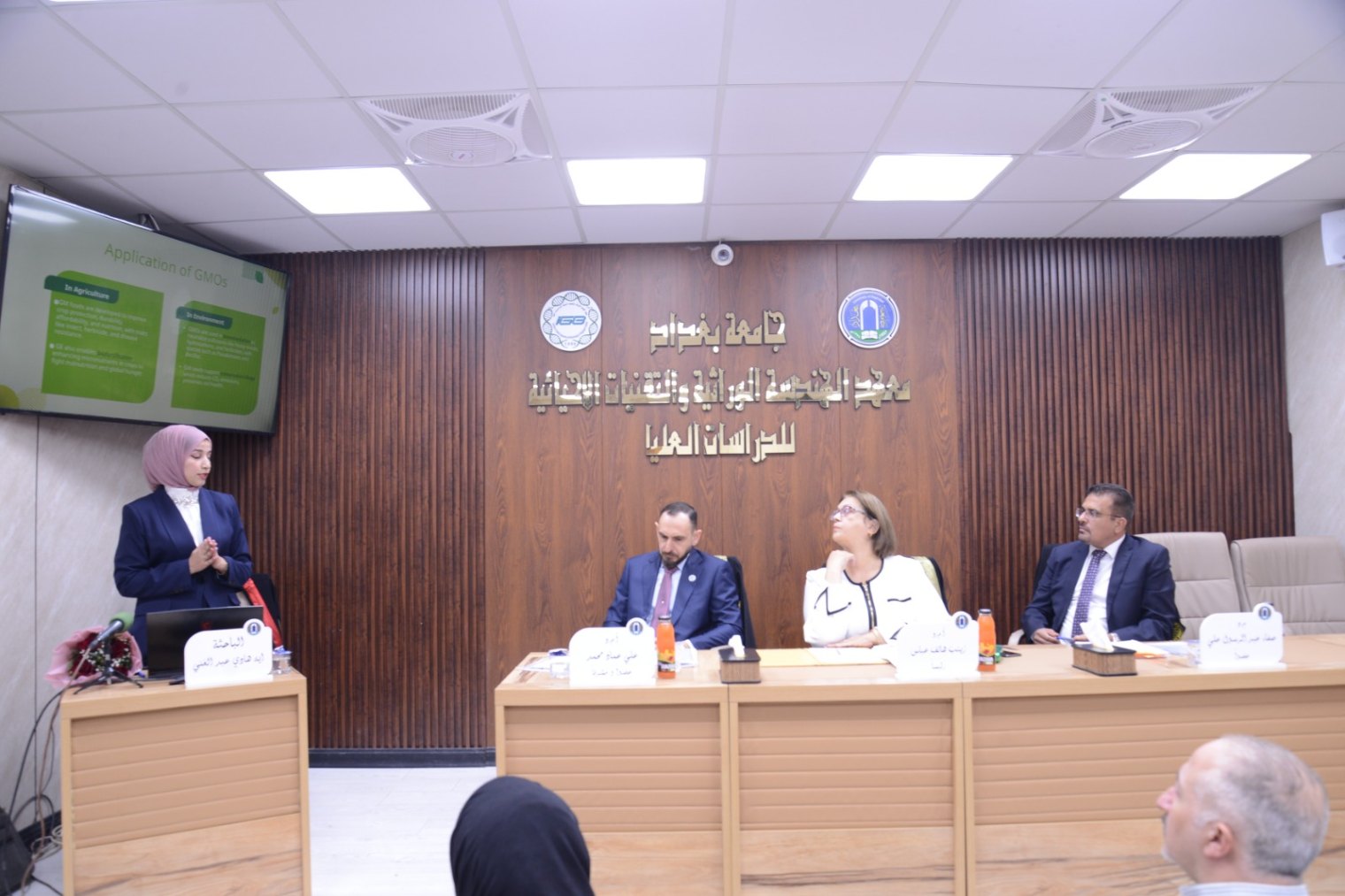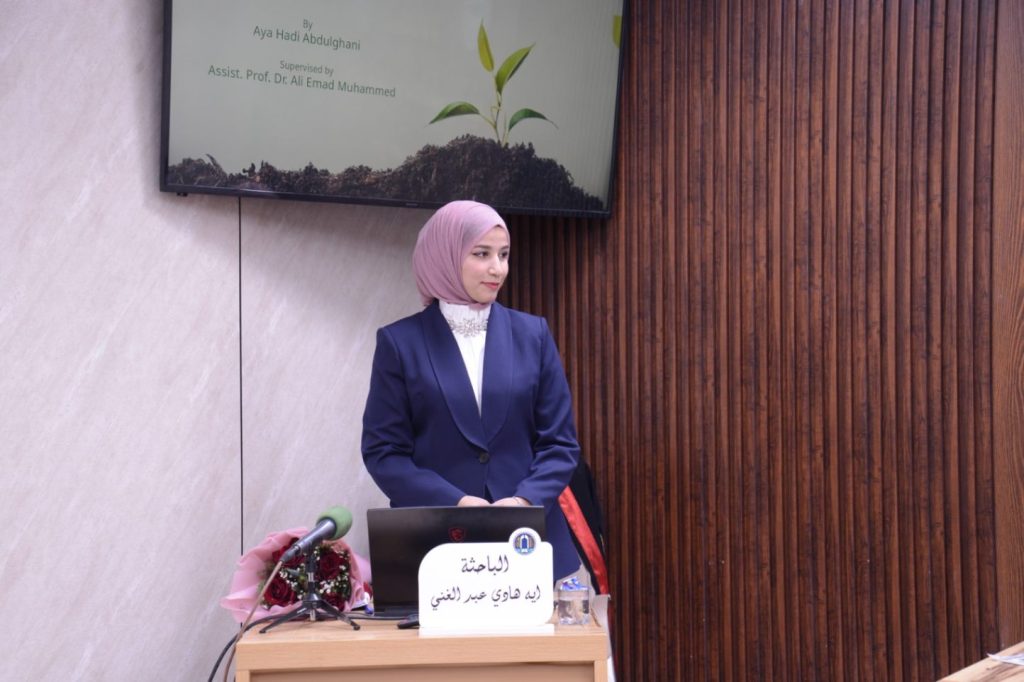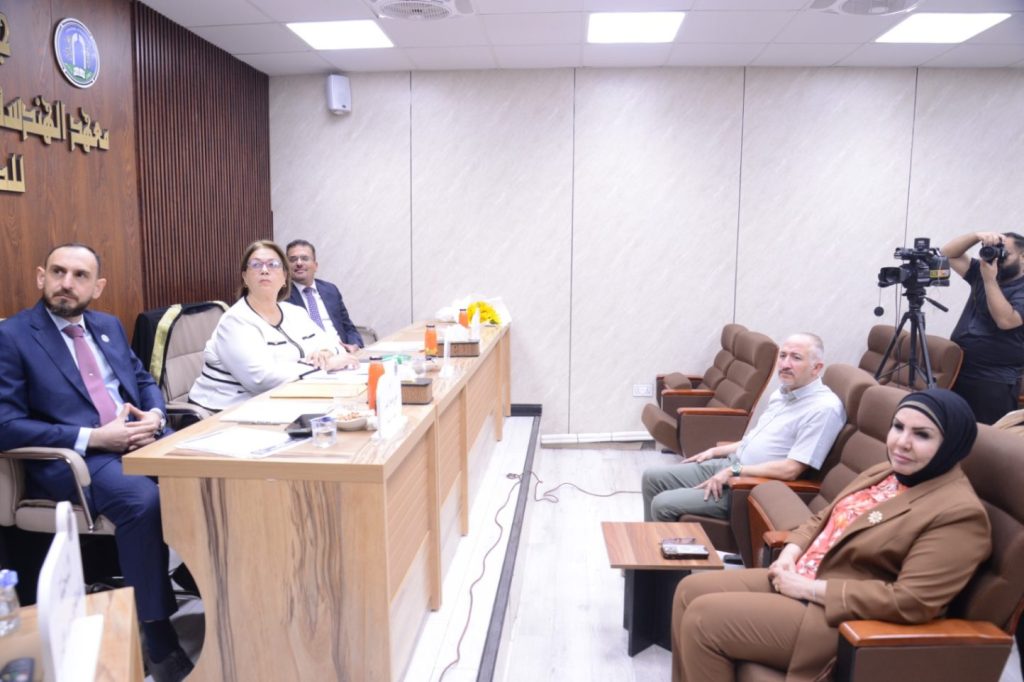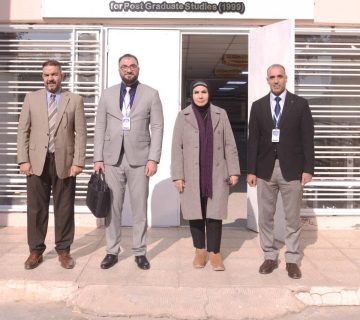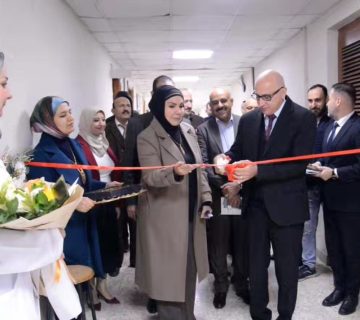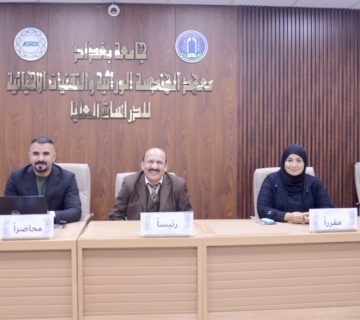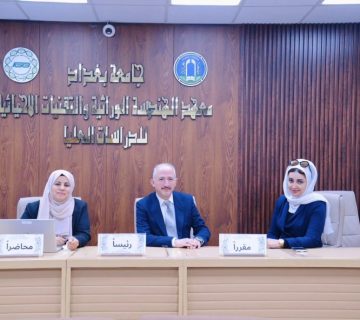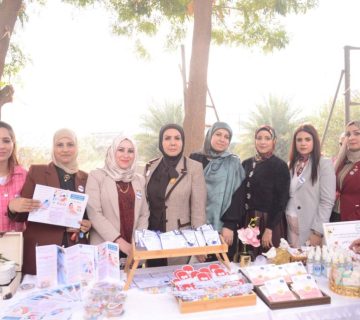The Institute of Genetic Engineering and Biotechnology for Postgraduate Studies / University of Baghdad discussed the higher diploma report of student Aya Hadi Abdul-Ghani, titled:
“The Environmental and Ethical Impacts of Releasing Genetically Modified Organisms (GMOs) into the Environment: Risks, Benefits, and a Presentational Perspective,” supervised by Asst. Prof. Dr. Ali Imad Mohammed Munir.
The study aimed to address the role of genetically modified organisms (GMOs) in agriculture, focusing on their benefits and the concerns associated with their use.
The report explained that GMOs are modified to introduce traits that are difficult or impossible to achieve through traditional breeding methods, such as increasing yield, reducing pesticide use, and enhancing crop resistance to pests and climate-related stresses. Consequently, GMOs are viewed as effective tools to address global challenges such as hunger and sustainable agricultural productivity.
The study also discussed the perspectives of various stakeholders—farmers, seed companies, scientists, and consumers—highlighting how each group influences the acceptance and utilization of genetically modified organisms.
Furthermore, it reviewed safety measures such as isolation distances and genetic containment technologies that have been developed to limit unintended gene flow and protect ecosystems, while also emphasizing the ethical challenges associated with the release of GMOs into the environment.

